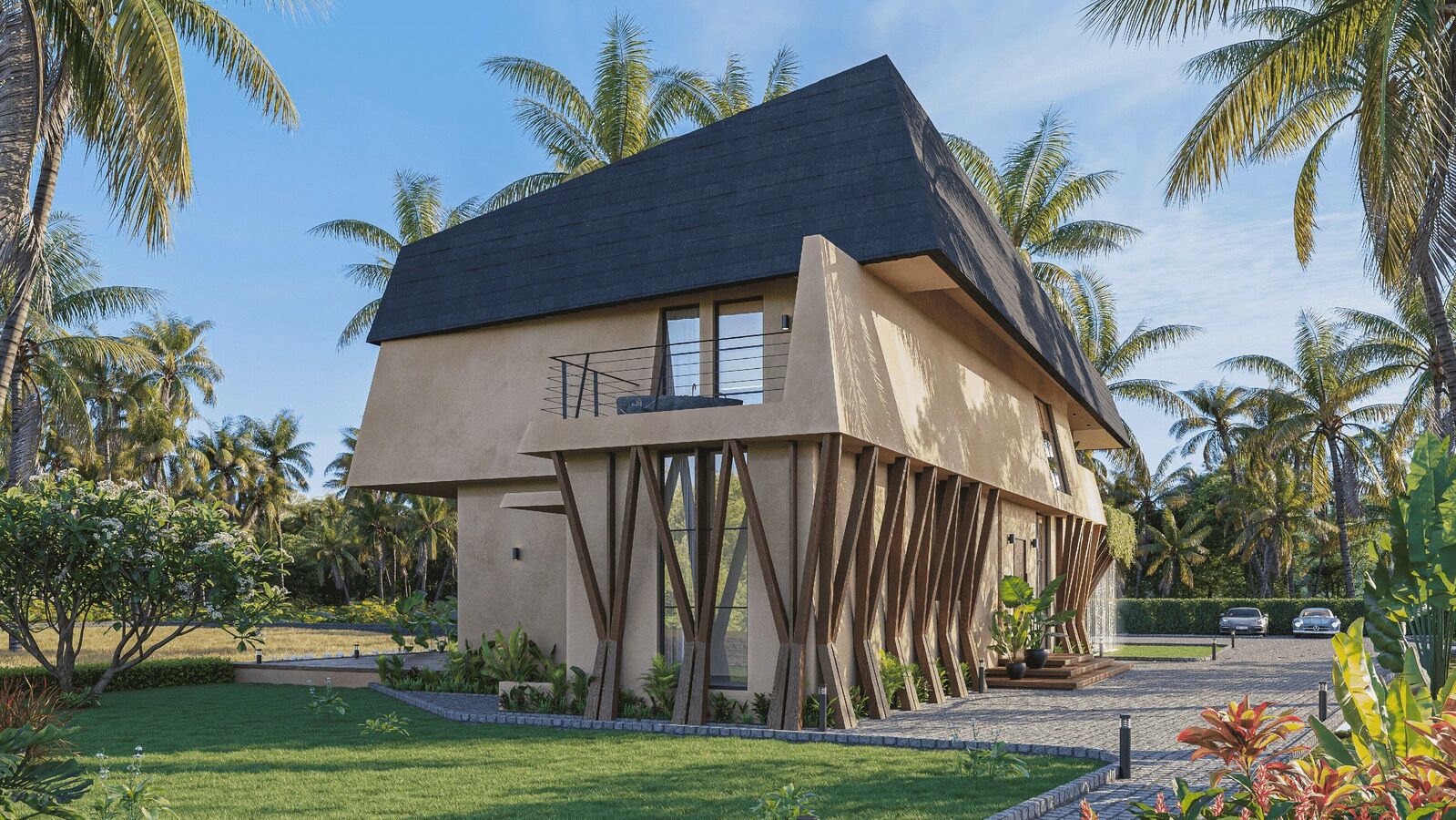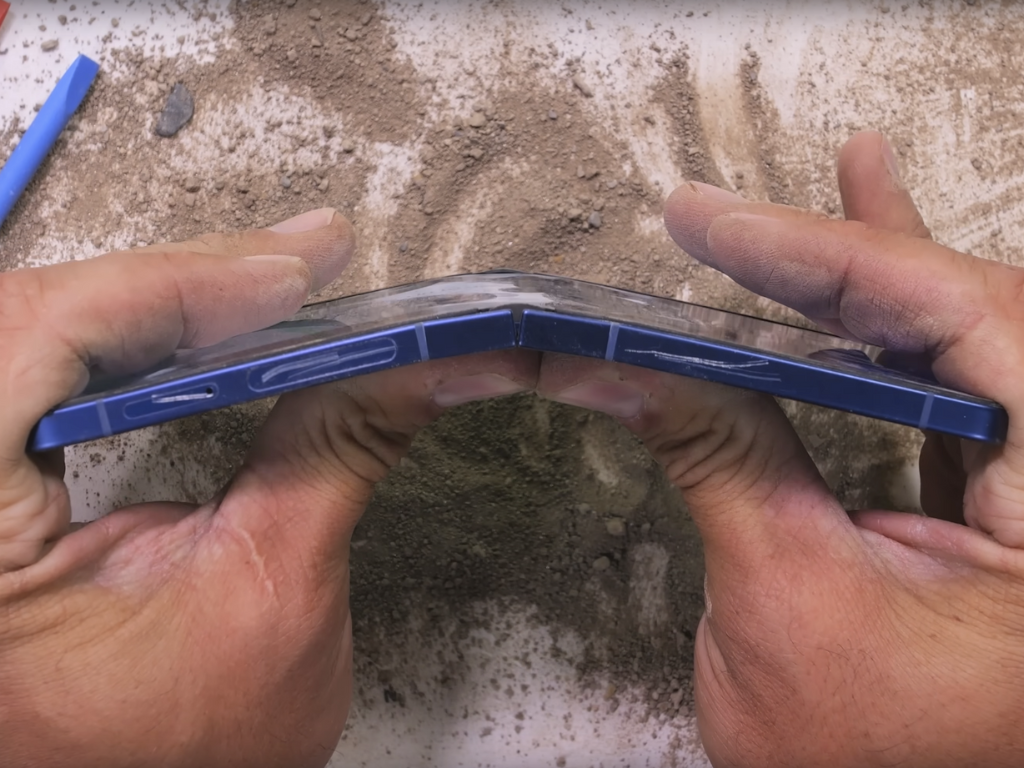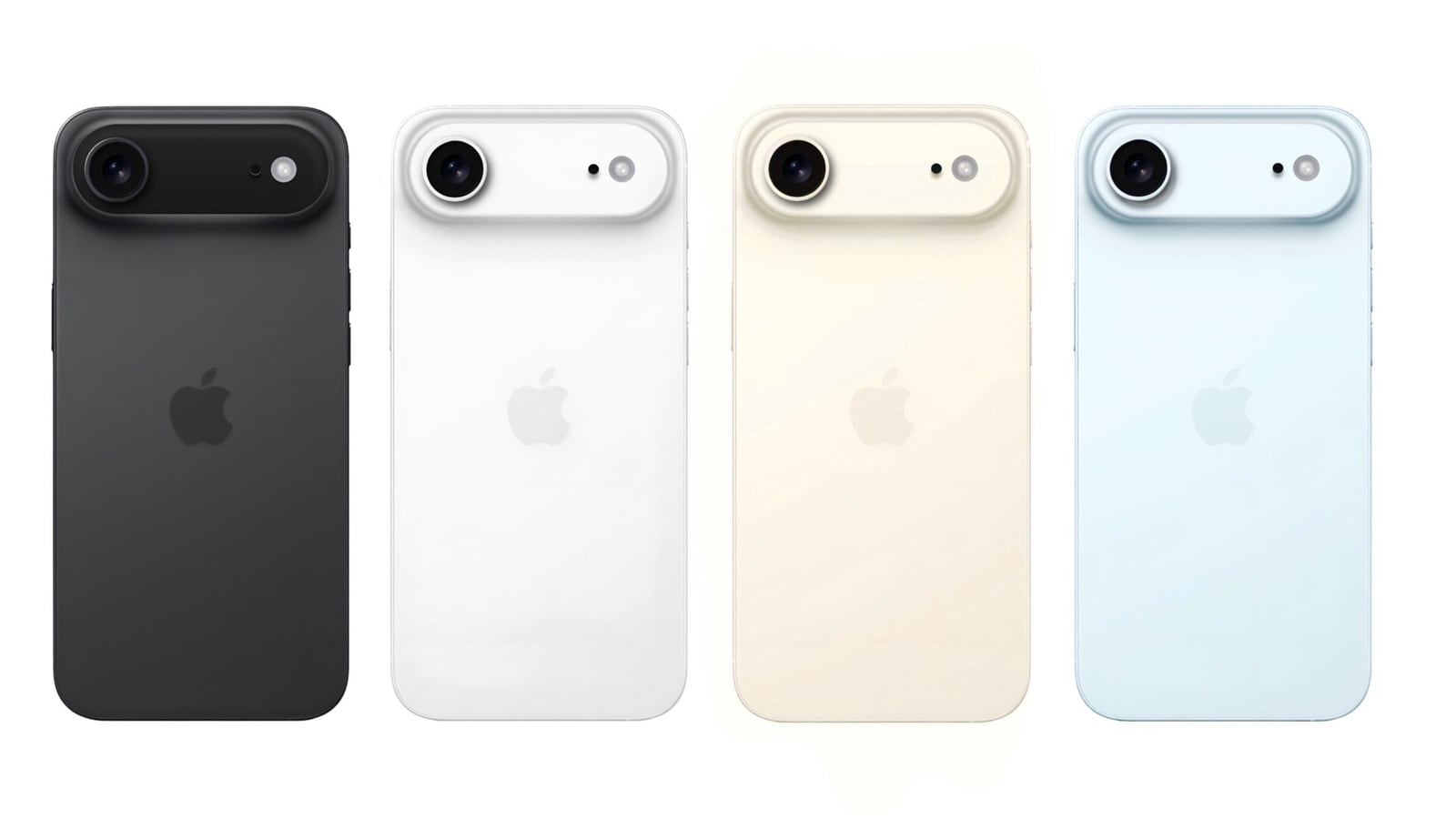Scale and diversity were the two essential principles that Jugal Mistri picked up during his days as a student at Columbia University in the United States. They are an integral part of the process he follows at JMA Mumbai these days.
“Early on, I learned to think big and aim for a significant societal impact. It wasn’t about the size of the building, but the positive influence it could have on a broad audience across urban and exurban landscapes,” says Mumbai-based Mistri, 41, Principal Architect and Founder, JMA Mumbai.
Since he started out in 2012, the goal has been to create a practice that combines socially conscious designs with a deep respect for the local context, besides striking a balance between design and sustainability. For instance, a project design in North Goa utilises locally sourced timber and red mission tiles to reduce carbon footprint, while incorporating solutions to manage the heavy rainfall as well. Alongside luxury projects, he’s also taken on self-funded and self-motivated social initiatives such as ‘AirBox’, which aims to make public sanitation facilities accessible for women.
“We repurposed prefabricated structures to keep the design eco-friendly and economical. The first AirBox was inaugurated on International Women’s Day in 2018, with facilities like Wi-Fi, CCTV, auto-flush systems and even sanitary napkin vending machines. It’s a compact and modern solution for urban sanitation that can travel to remote parts of India, a valuable resource for the community that can improve lives sustainably,” he says.
Mistri talks to Lounge about mentorship and why he doesn’t encourage late working culture.

View Full Image
Who do you consider your mentor?
Anyone who inspires and helps shape your ideas through a collaborative, non-authoritarian approach can be called a mentor. I’m fortunate to still be in touch with mine, from my undergraduate days all the way through to my professional employers.
One major insight you worked on with your mentor’s guidance?
Believe in what you do, invest the hours and years into it, and the results will follow.
What does being a mentor mean to you? How do you mentor your colleagues at work?
Being a mentor means guiding and supporting others as they grow, both professionally and personally. It’s about sharing knowledge, imparting philosophies, and helping others develop their own approach to design and problem-solving. For me, mentoring goes beyond just providing technical expertise – it’s about instilling values like sustainability, client relationships and socially relevant design, as well as nurturing a deep respect for community and contextual design. Through regular discussions, feedback sessions and collaborative projects, I aim to inspire my colleagues to think holistically, challenge the status quo and always stay connected to the communities we design for. Additionally, I am always encouraging JMA team members to actively participate in life outside the office as I strongly believe that real inspiration comes once the universe knows you’re there.
What’s your morning schedule like?
I sleep as early as 9pm and wake up by 5.30am so I can enjoy the peaceful time for reading. I’m also diving into deep learning on the Spotify channels for manifestation, positivity and productivity. I head to the gym thrice a week. Once I’m back, it’s all about getting my daughter ready and dropping her off at the school bus. By 9.30am, we’re in the office.
What are some of the productivity principles you follow that have made your professional and personal life much easier?
Drawing boundaries is key. We work Monday through Friday and alternate Saturdays. I have a non-negotiable rule, not just with our clients but also with my staff, to avoid working beyond a certain hour in the evening. We do not encourage a late working culture in the studio. The days of college are behind us and I believe that practical work life can be well-balanced with social and personal time if approached efficiently and mindfully. In our work, focus and a positive mindset are crucial and these are best achieved during the first part of the day. That’s why we aim to be at our desks by 9.30am to make the most of it before the phones start ringing around 11.30am. I personally schedule calls after 2pm, unless they are urgent. This gives me time to sketch, think and pass on the creative direction to my staff for further development.
What’s the one positive work routine you have developed during the pandemic?
Avoid unnecessary travel, as I used to be airborne traversing cities a lot. My value is on the drawing board as that’s where the real work happens. While Zoom meetings were convenient, in our work, a more direct discussion over the table with drawings and samples is critical. Hence, we expanded our physical office space equipped with a large meeting room to invite various stakeholders to brainstorm and resolve queries more efficiently.
Any book or podcast you would recommend about mentorship and growth?
The Charlie Rose interviews should be mandatory for anyone interested in world affairs or those aiming to do monumentally meaningful things in their lives. There is no other archive as diverse in content and topics as his. The list goes on from Pritzker-winning architects to secretaries of state, dictators and the Fortune 500 CEOs. What sets this podcast apart is the era it spans – 1991 to 2017, before the rise of “woke” culture and extremism – making it refreshingly unbiased and rich in the knowledge it shares. More recently, Pivot by Kara Swisher and Scott Galloway offers sharp, unfiltered insights into the biggest stories in tech and business. It’s especially beneficial for young students considering graduate studies, as Scott is a professor at NYU and Kara is a key figure in Silicon Valley. As for books, anything from Noam Chomsky, Fareed Zakaria, Thomas Friedman and Malcolm Gladwell is essential.
How do you unwind? Do you pursue any serious hobbies?
I’m a huge music lover, so my unwind time usually involves listening to music and playing board games with my daughter. Although my two serious hobbies have taken a back seat lately, I plan to get back to them soon. I used to cycle every morning from Bandra to Nariman Point and back, covering almost 40km daily. The other is my love for motorcycles, particularly vintage classics and racing.
Monday Motivation is a series in which business leaders discuss their mentors and their work ethics.





